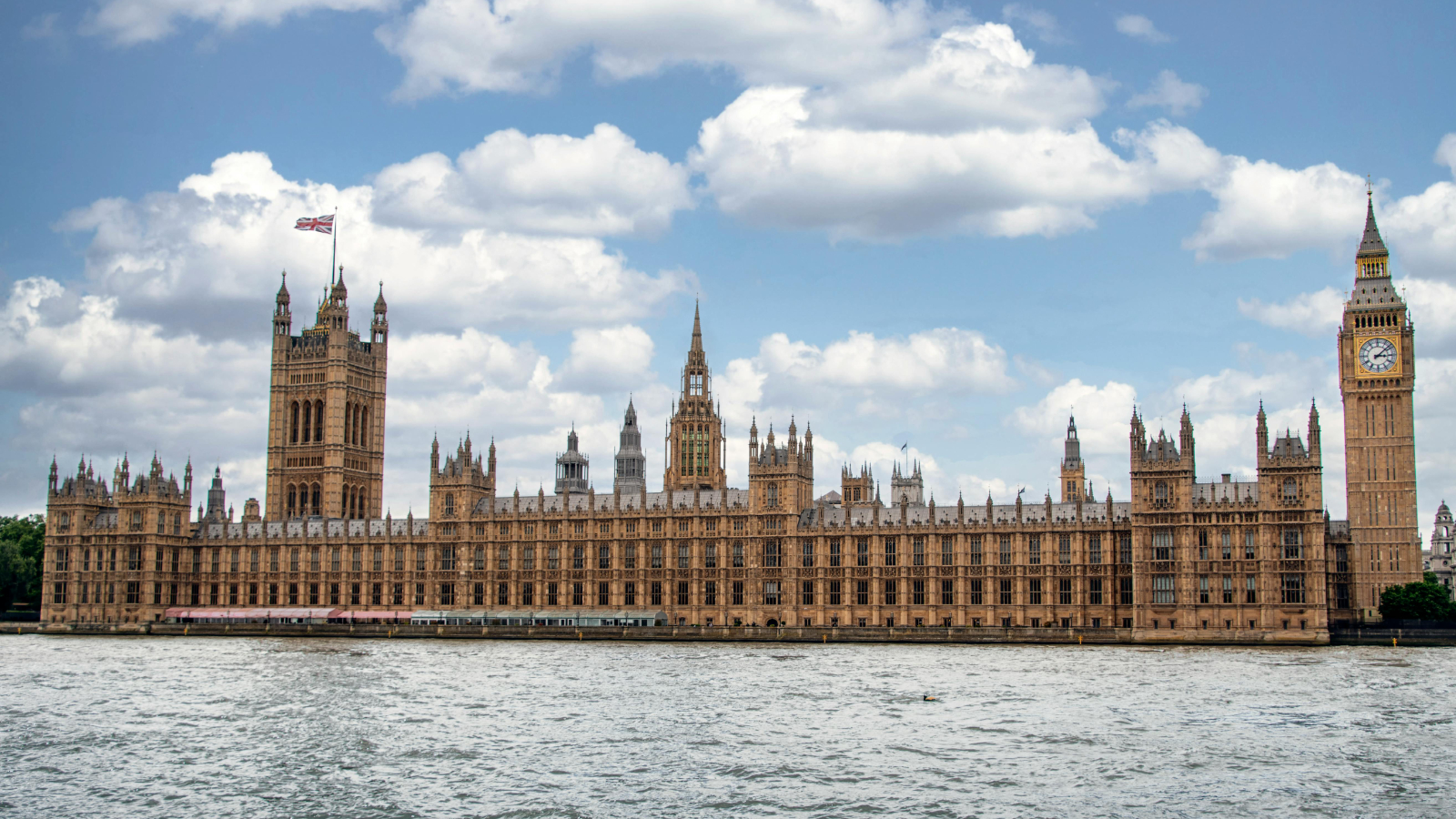Chancellor of the Exchequer, Rachel Reeves, has scheduled Labour’s inaugural Budget for Wednesday, 30 October, signalling where cuts might be made to address a £22 billion deficit in government finances.
In a speech to the House of Commons on 29 July, Reeves acknowledged the need for tough decisions and, in an unexpected move, revealed that the Winter Fuel Payment, previously available to all eligible pensioners to assist with heating costs, would this winter be limited to those receiving pension credit or other means-tested benefits.
While Labour has promised not to raise income tax or National Insurance rates, Reeves confirmed that some taxes will need to increase in the upcoming Budget. However, she declined to specify which taxes would be affected when questioned further.
There has been widespread speculation in the press as to what tax changes could be in the pipeline and, if the rumours are true, there could be significant impact on personal and company finances.
So, what has been circulating and is now a good time to start assessing and planning ready for the announcements?
If you would like to discuss and plan for these proposed changes, before the budget takes place, please get in touch with your CB Reid contact or your financial advisor for support.
An Increase in Capital Gains Tax
With Labour committed to leaving income tax and National Insurance rates unchanged, there is speculation that the upcoming Autumn Budget might see a hike in Capital Gains Tax (CGT). CGT is levied on the profits from selling assets like second properties or valuable items.
According to The i newspaper, Rachel Reeves is reportedly considering raising CGT rates to align them with income tax rates. Currently, the highest CGT rate stands at 24%, while the top income tax rate is 45%.
The Institute for Fiscal Studies (IFS) suggests that this adjustment could generate £16.7 billion annually for the government. Additionally, a study by the Resolution Foundation think tank found that aligning CGT rates on shares with dividend tax rates could bring in an additional £7.5 billion per year.
Closing Inheritance Tax Loopholes
Inheritance Tax (IHT) is currently set at 40% on estates valued over £325,000. However, recent HMRC data reveals that less than 4% of estates paid this tax in 2020–21.
Given these figures, Rachel Reeves might consider adjusting IHT. The Resolution Foundation has suggested that she could target the generous reliefs that allow individuals to significantly reduce the tax burden for their heirs.
For instance, an April 2024 report by the Institute for Fiscal Studies (IFS) estimated that the government could generate an additional £1.4 billion annually by eliminating business and agricultural property reliefs, which are commonly used by those passing down family farms and businesses.
Pension Tax Relief
The Chancellor has already initiated a two-stage review of pensions, and changes to pension tax relief rules could be on the horizon.
Currently, pension savers receive tax relief on their contributions, effectively getting a refund based on their income tax rate. Basic-rate taxpayers receive 20% back, while higher and additional-rate taxpayers benefit from 40% and 45% relief, respectively.
However, the government could potentially raise billions by altering this system. The Institute for Fiscal Studies estimates that moving to a flat tax relief rate of 30% for all taxpayers could generate an additional £2.7 billion annually.
Council Tax Reform
Another area rumoured to be under consideration for reform is Council Yax. Speculation suggests that the government may replace the current band system with a flat 0.5% tax based on a home’s value.
If such a change were implemented, council tax bills could vary significantly depending on property values. For instance, using the latest Nationwide Price Index data, residents in London, where the average home is valued at £525,248, could see their council tax rise to around £2,626 annually. In contrast, someone with a similar property in the North of England, where the average home costs £158,467, might pay only £792 per year.
CB Reid provides a range of services to individuals including tax and estate planning and compliance. If you would like to speak with a member of the CB Reid team about your personal tax affairs, please do make contact. We can advise you to make sure that you do not pay too much tax, that you claim all available allowances and meet HMRC’s reporting requirements and deadlines.

